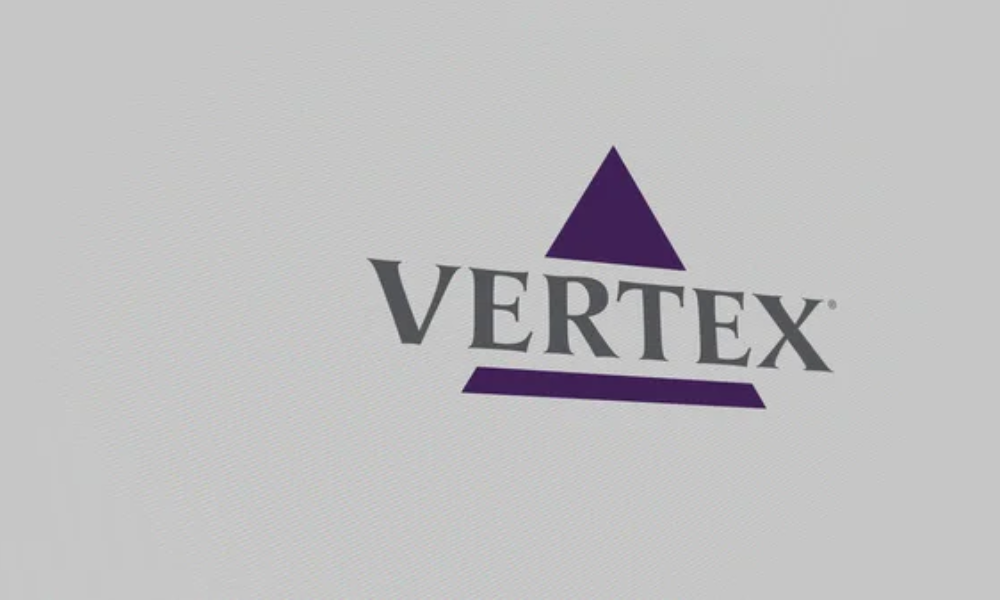When it comes to building wealth, the two most commonly touted avenues are investing in the stock market and real estate.
While both can be effective paths to financial growth, there are compelling reasons why the stock market might be a more suitable option for the majority of people.
This article explores the advantages of the stock market over real estate investment, highlighting why stocks might be the preferable choice for many investors.
Read More: Stocks Likely to Withstand Market Downturn if Interest Rate Reductions Postpone, Economist Suggests
Liquidity and Flexibility
One of the stock market’s most significant advantages is its liquidity. Stocks can be bought and sold almost instantly during market hours, providing investors with the flexibility to react to market changes swiftly.

This level of liquidity is particularly valuable in times of financial emergency or when you need to quickly reallocate assets. In contrast, real estate is a much less liquid asset.
Selling property can take months, if not longer, and often comes with substantial costs, reducing your ability to respond quickly to financial needs or market opportunities.
Lower Entry Costs
Getting started in the stock market typically requires much less capital than real estate. With the advent of online brokerages and fractional shares, investors can begin investing in stocks with just a few dollars.
This lower barrier to entry opens the stock market to a broader range of individuals, including those with limited initial capital.
Real estate, however, often involves significant upfront investments, including down payments, closing costs, and other associated expenses, making it less accessible to the average person.
Diversification
The stock market offers unparalleled opportunities for diversification. With thousands of stocks, bonds, mutual funds, and ETFs available, investors can spread their risk across various sectors, geographical locations, and asset classes.
Diversification can significantly reduce the risk of catastrophic losses and smooth out the volatility in your investment portfolio.
Due to their higher individual costs, real estate investments often lead to concentration in a single property or market, increasing the risk exposure.
Also Read: Energy Secretary Expresses US’s Deep Concerns Over China’s Control in Critical Minerals Market
Passive Income and Growth Potential
While real estate can provide rental income, the stock market offers dividends, which can be a source of passive income without the complexities of being a landlord.
Many companies pay dividends to shareholders, and these payments can be reinvested to compound growth over time.
Additionally, the stock market has historically provided substantial capital appreciation potential, often outpacing real estate over the long term when considering the broad market averages.
Tax Efficiency
Investing in the stock market can be more tax-efficient than real estate in several ways. Long-term capital gains from stocks held for more than a year are taxed at a lower rate than ordinary income, which is often the tax treatment for real estate rental income.
Furthermore, stock investors can benefit from tax-loss harvesting strategies, where losses are used to offset gains, reducing the taxable amount.
While real estate offers some tax benefits, like deductions for mortgage interest and depreciation, the complexity and limitations of these deductions can be less advantageous for the average investor.
Ease of Management
Stock investments generally require less active management than real estate properties. Real estate involves ongoing maintenance, tenant management, and potential legal issues, which can be time-consuming and stressful.
:max_bytes(150000):strip_icc()/4243163-v1-05dfe20436f042999666243640fd84cd.png)
In contrast, stock investments can be managed with a relatively hands-off approach, especially if utilizing index funds or robo-advisors, making it a more passive investment option.
Conclusion
While both the stock market and real estate have their merits, the stock market offers several advantages that make it more accessible and suitable for the majority of people.
Its liquidity, lower entry costs, opportunities for diversification, potential for passive income and growth, tax efficiency, and ease of management are compelling reasons to consider the stock market as a primary investment vehicle.
As with any investment decision, assessing your financial goals, risk tolerance, and investment timeline is crucial. For many, the stock market provides a versatile and effective pathway to financial growth and security.
Read Next: Will Amazon Remain a Titan in The Stock Market?
DISCLAIMER
You should read and understand this disclaimer in its entirety before joining or viewing the website or email/blog list of SmallCapStocks.com (the “Publisher”). The information (collectively the “Advertisement”) disseminated by email, text or other method by the Publisher including this publication is a paid commercial advertisement and should not be relied upon for making an investment decision or any other purpose. The Publisher is engaged in the business of marketing and advertising the securities of publicly traded companies in exchange for compensation. The track record, gains, upside, and/or losses mentioned in the Advertisement, if any, should not be considered as true or accurate or be the basis for an investment. The Publisher does not verify the accuracy or completeness of any information included in the Advertisement. While the Publisher does not charge for the SMS service, standard carrier message and data rates may apply. To unsubscribe from receiving promotional text messages to your phone sent via an autodialer, using your phone reply to the sender’s phone number with the word STOP or HELP for help.
The Advertisement is not a solicitation or recommendation to buy securities of the advertised company. An offer to buy or sell securities can be made only by a disclosure document that complies with applicable securities laws and only in the states or other jurisdictions in which the security is eligible for sale. The Advertisement is not a disclosure document. The Advertisement is only a favorable snapshot of unverified information about the advertised company. An investor considering purchasing the securities, should always do so only with the assistance of his legal, tax and investment advisors. Investors should review with his or her investment advisor, tax advisor or attorney, if and to the extent available, any information concerning a potential investment at the web sites of the U.S. Securities and Exchange Commission (the "SEC") at www.sec.gov; the Financial Industry Regulatory Authority (the "FINRA") at www.FINRA.org, and relevant State Securities Administrator website and the OTC Markets website at www.otcmarkets.com. The Publisher cautions investors to read the SEC advisory to investors concerning Internet Stock Fraud at www.sec.gov/consumer/cyberfr.htm, as well as related information published by the FINRA on how to invest carefully. Investors are responsible for verifying all information in the Advertisement. As an advertiser, we do not verify any information we publish. The Advertisement should not be considered true or complete.
The Publisher does not offer investment advice or analysis, and the Publisher further urges you to consult your own independent tax, business, financial and investment advisors concerning any investment you make in securities particularly those quoted on the OTC Markets. Investing in securities is highly speculative and carries an extremely high degree of risk. You could lose your entire investment if you invest in any company mentioned in the Advertisement. You acknowledge that we are not an investment advisory service, a broker-dealer or an investment adviser and we are not qualified to act as such. You acknowledge that you will consult with your own independent, tax, financial and/or legal advisers regarding any decisions as to any company mentioned here. We have not determined if the Advertisement is accurate, correct or truthful. The Advertisement is compiled from publicly available information, which include, but are not limited to, no cost online research, magazines, newspapers, reports filed with the SEC or information furnished by way of press releases. Because all information relied upon by us in preparing an advertisement about an issuer comes from a public source, it is not reliable, and you should not assume it is accurate or complete.
By your subscription to our profiles, the viewing of this profile and/or use of our website, you have agreed and acknowledged the terms of our full disclaimer and privacy policy which can be viewed at the following link: www.SmallCapStocks.com/Disclaimer and www.SmallCapStocks.com/Privacy-Policy
By accepting the Advertisement, you agree and acknowledge that any hyperlinks to the website of (1) a client company, (2) the party issuing or preparing the information for the company, or (3) other information contained in the Advertisement is provided only for your reference and convenience. The advertiser is not responsible for the accuracy or reliability of these external sites, nor is it responsible for the content, opinions, products or other materials on external sites or information sources. If you use, act upon or make decisions in reliance on information contained in any disseminated report/release or any hyperlink, you do so at your own risk and agree to hold us, our officers, directors, shareholders, affiliates and agents harmless. You acknowledge that you are not relying on the Publisher, and we are not liable for, any actions taken by you based on any information contained in any disseminated email or hyperlink.
I’m Elizabeth Monroe, a writer who brings you stories from around the world. I’m passionate about sharing important global news and amplifying the voices of those often left unheard. Through my writing, I aim to make the world feel a bit closer and more accessible.












